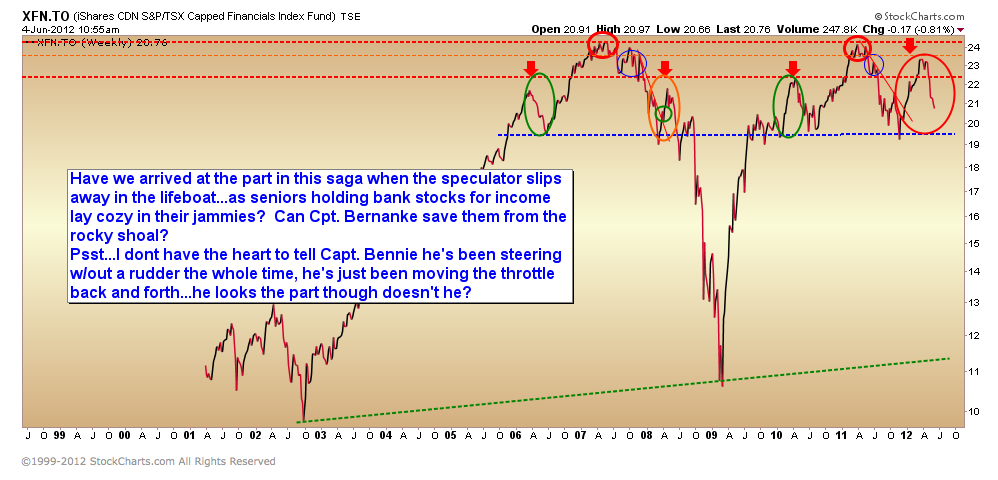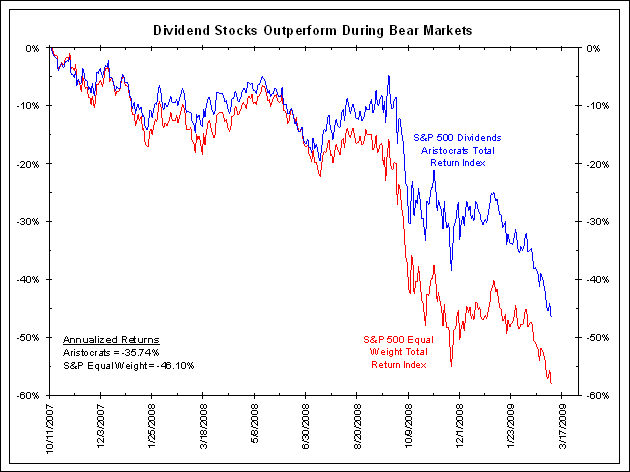A couple of key lines of thought that are naive and harmful to capital yet widely perpetrated.
The first is the idea that people have been buying long bonds today for the 1-3% yields. Nope, they have been buying them as a trade–one of the rare places to put money for some capital gain while risk markets continue to plummet. If I hear one more person say something about how silly it is to “lock in money for 10 years at 1.5%” I will yak. Please understand. No one buys 10, 20 or 30 year bonds at these yields to hold to maturity. Bonds are not locked like guarantee certificates at the local bank. Bonds are the biggest, most liquid and widely traded markets in the world. Most stock pickers say they would never buy a bond– ’cause that is what they always say. Bonds are against their risk-seeking natures and usually outside their field of interest, expertise and swing-for-the-fences kind of mandate. Many have dogmatically abused the idea of owning bonds for the past 30 years. And throughout that whole time, investment grade bonds have handily outperformed stocks and commodities by a landslide with a fraction of the volatility. I am not saying bonds are a great investment for the long-term at these yields, but that doesn’t mean shelter-seeking capital will not continue to park there for a while longer yet.
Second, dividend paying stocks are no shelter from the storm of a bear market, and certainly not when the world is heading into a global recession. Here is an important reminder of how dividend paying stocks performed during the last bear market/recession (same pattern took place in the 2000-2002 downturn). Note that dividend paying stocks fell 45% rather than the 55% of the S&P 500. Anyone want to call that defensive with a straight face?
Coincident to this point is the following update on the Canadian banking sector index which is looking eerily familiar to the price action leading into 2008. As seniors and others who can least afford more losses are counseled to hold and collect pitiful dividends, levered traders have been steadily slipping out the back door. This represents a whole lot of risk for the unsuspecting and especially since the v-bottom bounce back in 2009 was a stimulus-driven-anomaly and is highly unlikely to be repeated coming off of the next bottom.
 Source: Cory Venable, CMT, Venable Park Investment Counsel Inc.
Source: Cory Venable, CMT, Venable Park Investment Counsel Inc.



Danielle, if investors are getting into bonds for capital appreciation with yields at these levels, wouldn’t that signal that they think stocks are really heading south in a big way? Or is it that with yields at these levels it does not take a very large move in interest rates to affect a relatively large change in price?
Surely part of the reason for the low yields/high prices are Fed ops, and fear? With so many institutional investors, such as pension funds, desperate for yield, would they really go heavily into bonds on the hope of capital appreciation? I know little about bonds, so I’d love to get your response. Thanks.
Thank you Danielle. I always appreciate your down to earth logical advise.
Denise
Calgary
Well written as usual. Cash is always trash in the long run, but for now it is king.
Now cometh the BIG CHILL. The boomers have had it with the stock markets usual bad behavior and are swearing off equities which are clearly held for short periods of time depending on earnings outlooks, which now look dour.
Stick in under the mattress and sleep on it. And don’t overlook dividend-paying high quality gold stocks. Now isn’t that an oxymoron! Gold stocks may just the utility stocks of the future, IMHO.
Very informative article, as always. I *CONFESS* I was a believer in dividend stocks providing safety in a bear market. Reading your book, and checking out your blog over the past year, is what changed my mind.
Unfortunately, I don’t quite have a million dollars to hire Venable Park, otherwise I would! I am still a bit confused as to what a “do-it-yourself” investor should be doing though. Is there one or two books in particular (on your worthwhile books list) that you would highly recommend for someone like me? I have no problems with spending hours each weekend learning and researching, as I find investing more and more interesting as time goes buy (pardon the pun).
Regards,
Johnny A.
I agree with the assertions of this post with one question:
The record low yields of bonds reflect how crowded this trade could be. If there is a blowup in Europe or other deflationary stimulus yields could go even lower. Given the high value put on bonds presently, and maybe a higher one in future, is it possible this condition could change relatively rapidly some day (certainly doesn’t look like soon) and bonds suffer capital losses in a so called “jump condition”?